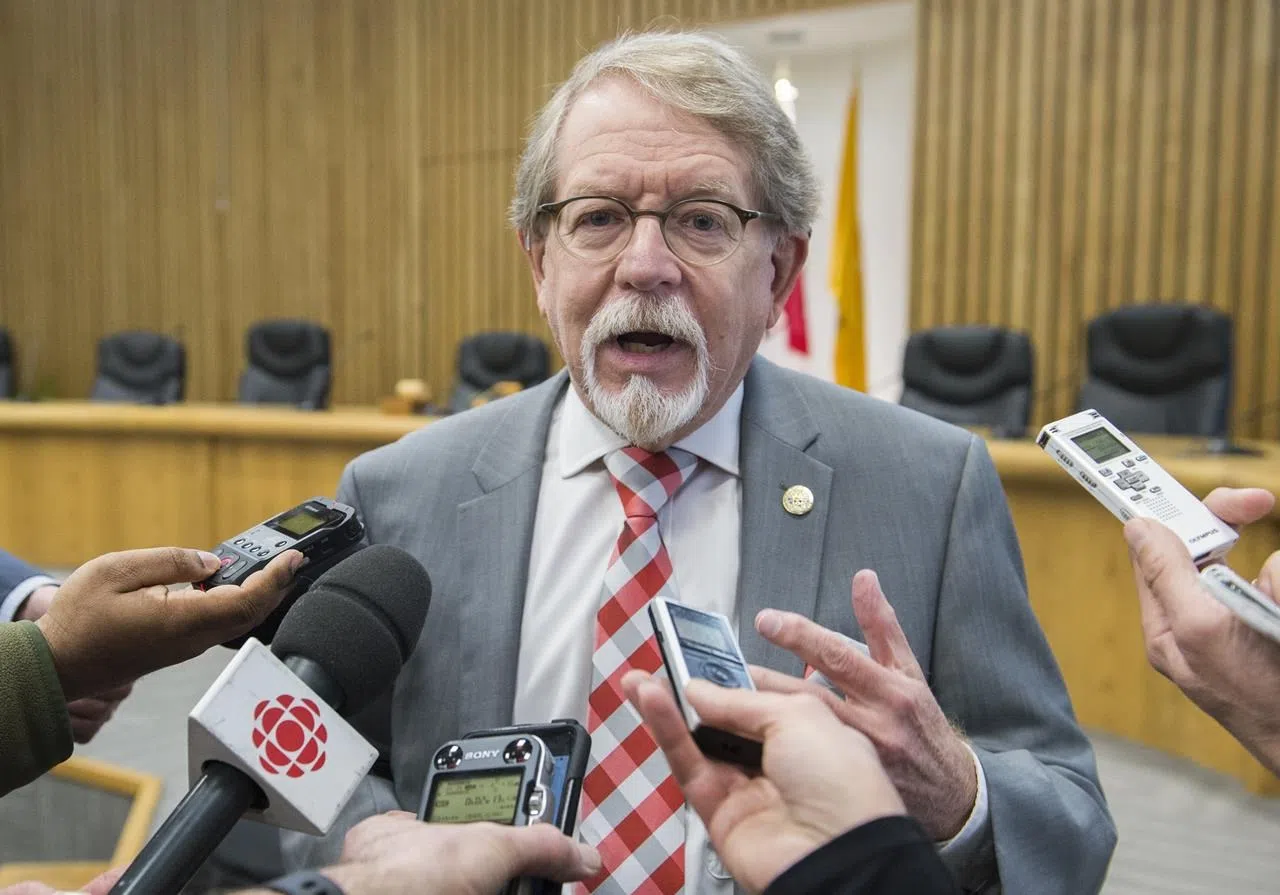
Trudeau says mayor who compared Quebec bill to ethnic cleansing should apologize
OTTAWA — Prime Minister Justin Trudeau on Wednesday became the latest politician to call out a suburban Montreal mayor who compared Quebec’s recently tabled secularism bill to ethnic cleansing.
Speaking to reporters in Ottawa, Trudeau repeated his opposition to Bill 21 but said Hampstead Mayor William Steinberg’s comments were unacceptable and that the mayor needs to apologize.
“We don’t need to go to extremes,” Trudeau said. “We can debate the bill without going too far. There are people who are extremely worried by this bill, and I understand them. But we shouldn’t use words like that.”
Bill 21 would prohibit public servants in positions of authority — including teachers — from wearing religious symbols. Steinberg, whose suburb has a population of about 7,000, drew the wrath of Quebec’s political class last Friday when he said Bill 21 “is ethnic cleansing, not with a gun but with a law.”


